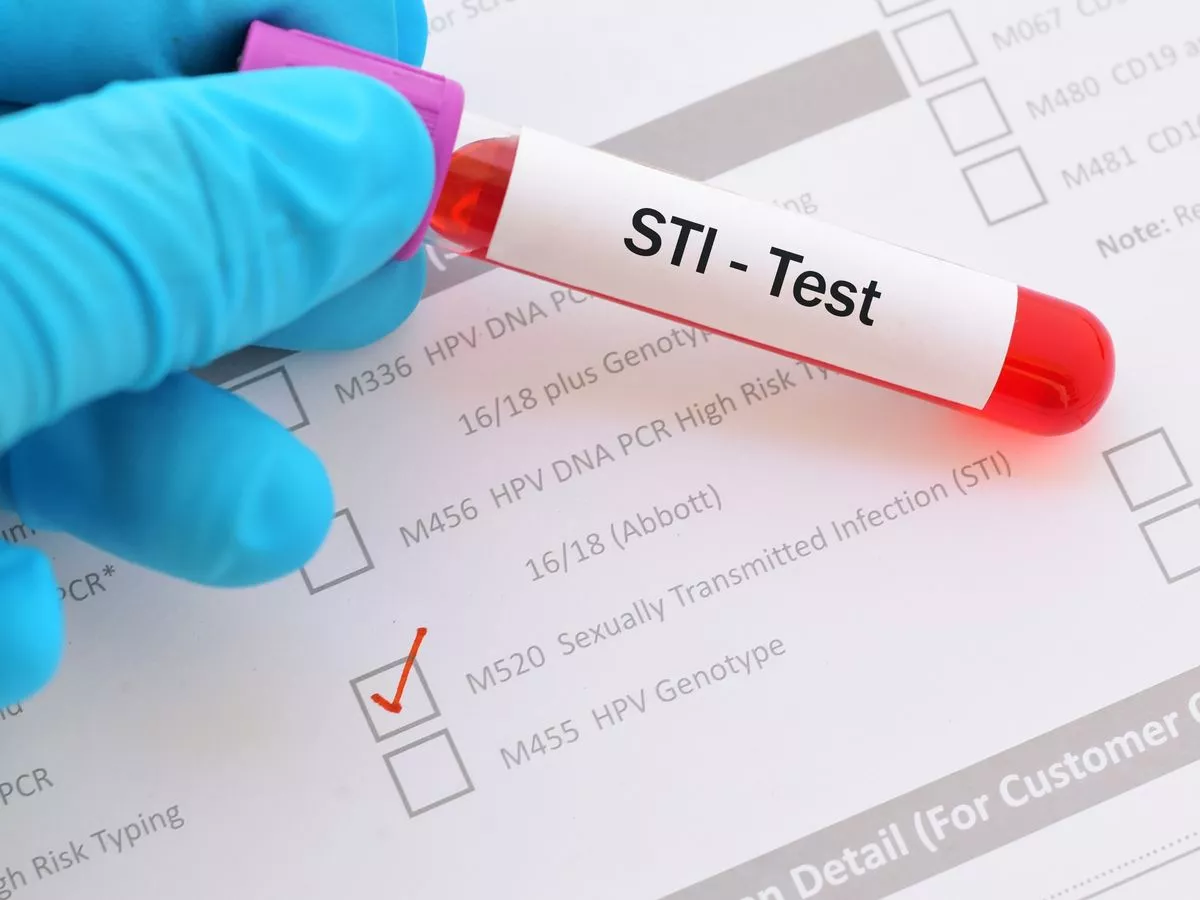Gonorrhoea cases in Scotland remain at worryingly high levels with a sharp rise among older men prompting urgent action from health officials. Public Health Scotland (PHS) has revealed that more than 4,500 people were diagnosed with the Sexually Transmitted Infection (STI) in 2024. While overall figures have dipped slightly from the record highs of 5,999 diagnoses in 2023, the number of cases is still well above pre-pandemic levels – and there’s been “concerning increases” noted among older men. Gonorrhoea, once thought to be declining in Scotland, has surged in recent years. According to PHS, the number of recorded infections has more than doubled since 2018. From 2023 to 2024, diagnoses decreased in men under 30 but incidence remains high and has increased in those 30 years and older. The disease has become increasingly resistant to antibiotics, making early detection and prevention even more critical. Experts say the findings show how STI’s continue to pose a “significant public health threat” and underline the need for targeted interventions. It comes as the Scottish Government recently announced a new vaccination campaign, which will begin this August, after Public Health Minister Jenni Minto said action was “urgent”. The move follows advice from the UK’s Joint Committee on Vaccination and Immunisation (JCVI), which backed the use of the MenB (meningococcal B) vaccine to help curb the spread of gonorrhoea. Dr Sam Ghebrehewet, Head of the Vaccination and Immunisation Division at Public Health Scotland (PHS), said: “With gonorrhoea diagnoses having increased in recent years, the offer of the MenB vaccine to those at highest risk of exposure is a welcome new intervention. This vaccination programme is expected to help control and prevent the spread of gonorrhoea. “We are working with the Scottish Government and colleagues across NHS Boards to finalise plans for the roll out of this targeted vaccination offering from August 2025.” Gonorrhoea can cause significant pain and discomfort and in rare cases, life-threatening sepsis. The highest rate of positive tests for gonorrhoea in the last five years was consistently observed in gay, bisexual, and other men who have sex with men (GBMSM). Health chiefs believe thousands of cases of gonorrhoea could be prevented through the new vaccine programme. The S cottish Government has put aside £280,000 of funding for it. The vaccine – which is already used to protect infants against meningitis – has been shown in trials to cut gonorrhoea cases by over 30%. It will be offered to gay and bisexual men at highest risk of infection, those involved in selling or exchanging sex regardless of gender and those who sexual health clinic professionals assess as being at a similar risk level. Speaking at the Public Health Scotland Scottish Vaccination and Immunisation Conference in Edinburgh, Public Health Minister Jenni Minto said: “This action is urgent and timely since the number of diagnoses has been high and the disease is becoming increasingly difficult to treat with antibiotics. “The science tells us that this vaccine will potentially protect thousands of people and prevent the spread of infection.” Health chiefs have warned that while the vaccine is a vital tool, it’s not a silver bullet. Condoms remain the most effective protection against STIs, and those with new or multiple partners are being urged to continue using them and get tested regularly. Left untreated, gonorrhoea can lead to serious complications – including infertility and, in rare cases, blood infections. Visit NHS Inform or contact your local sexual health clinic for advice, testing, or treatment.
